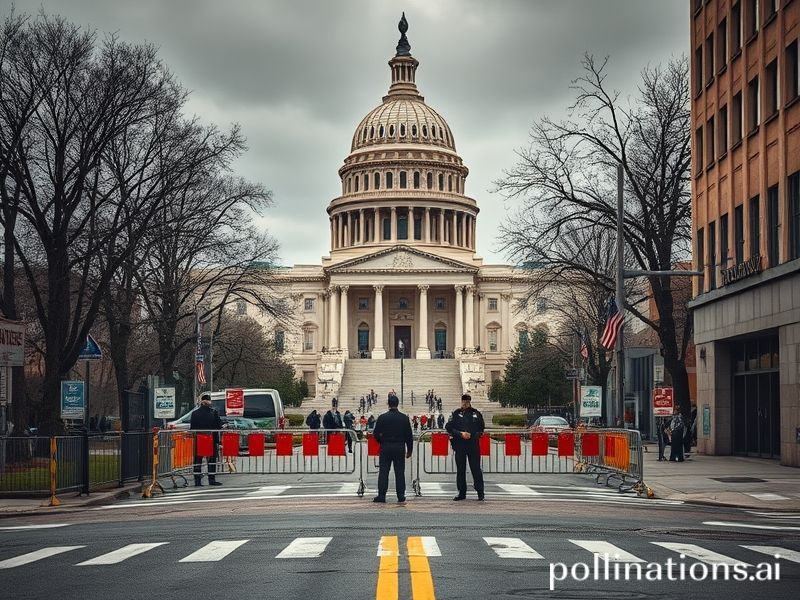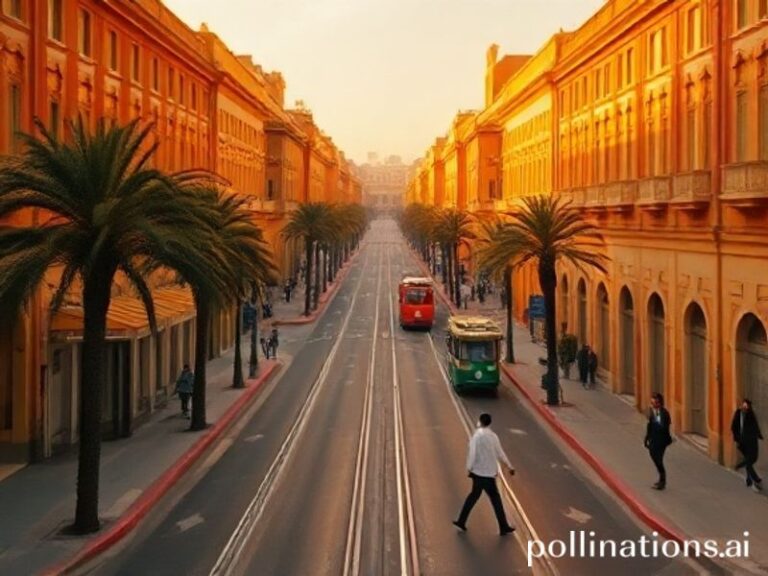Government Shutdown: When Uncle Sam Hits the Snooze Button
# **Government Shutdown: When Uncle Sam Hits the Snooze Button**
In the grand theater of global politics, few spectacles are as entertaining—or as frustrating—as a government shutdown. It’s like watching a high-stakes game of chicken, where the players are politicians, the road is the national budget, and the rest of us are stuck in the backseat, screaming, “Just hit the brakes already!”
But why is the term “government shutdown” trending globally? Is it just because we’re all collectively holding our breath, waiting for the next political cliffhanger? Or is there something deeper at play? Let’s dive in.
## **The Cultural Context: A Global Phenomenon**
Government shutdowns aren’t just an American pastime. They’re a global phenomenon, a universal language of political brinkmanship that transcends borders. Whether it’s the U.S. Congress playing a high-stakes game of poker with the national budget, or the UK Parliament wrestling with Brexit, shutdowns are a reminder that democracy can sometimes feel like a never-ending episode of “The Bachelor,” where the prize is “Who Will Compromise First?”
In the U.S., the term “government shutdown” has become shorthand for political dysfunction. It’s the ultimate flex of gridlock, a testament to the fact that even the most powerful nation on Earth can’t agree on how to spend its allowance. And let’s be real—we’re all here for the drama. It’s like watching a reality TV show where the stakes are actual lives, not just egos.
## **The Social Impact: More Than Just a Hashtag**
But let’s not kid ourselves—government shutdowns are more than just a trending topic or a political spectacle. They have real-world consequences. When the government shuts down, it’s not just politicians who feel the pinch. It’s federal workers, small businesses, and everyday citizens who suddenly find themselves navigating a bureaucratic maze with no clear exit.
Imagine trying to renew your passport right before an international trip, only to find out that the government has decided to take a coffee break. Or picture the chaos of a national park ranger trying to explain to a family of tourists why they can’t enter Yellowstone because Congress can’t agree on a budget. It’s like the universe’s cruelest prank.
And let’s not forget the economic impact. Government shutdowns cost billions of dollars in lost productivity and economic activity. It’s like intentionally setting fire to a pile of cash and then pretending it’s a “strategic financial move.”
## **Why It’s Significant: A Mirror to Our Times**
So why does the term “government shutdown” keep trending globally? Because it’s a mirror to our times. It’s a reflection of the political polarization, the partisan gridlock, and the sheer inability of our leaders to put aside their differences and get stuff done.
In an era where social media amplifies every political misstep and every partisan squabble, government shutdowns have become a symbol of dysfunction. They’re a reminder that even in the 21st century, with all our technological advancements and global connectivity, we’re still stuck in the same old political quagmire.
But here’s the thing—government shutdowns also highlight the resilience of the people. They show that even when the government grinds to a halt, life goes on. Federal workers find ways to make ends meet, small businesses adapt, and citizens find creative solutions to navigate the chaos. It’s a testament to human ingenuity and the power of community.
## **Conclusion: The Never-Ending Drama**
So, is the government shutdown trend here to stay? Probably. As long as there are politicians more interested in scoring political points than in governing, we’ll keep seeing these dramatic standoffs. But here’s the silver lining—every shutdown is a reminder that we, the people, have the power to demand better. We can vote, we can advocate, and we can hold our leaders accountable.
In the meantime, let’s enjoy the show. After all, what’s more entertaining than watching politicians scramble to avoid blame while the rest of us sit back and say, “I told you so”?
—







